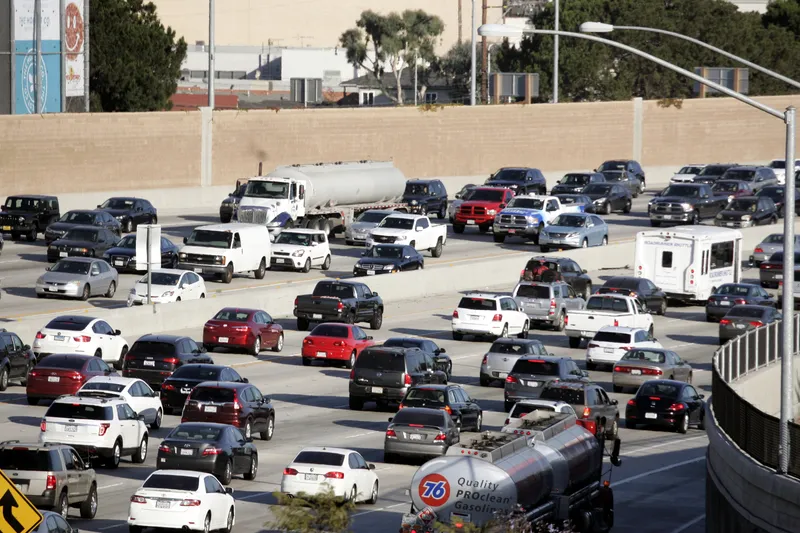
The deal includes measures to develop bus and light rail improvements such as bus-only lanes, and signal priority with the aim of improving transit speeds by 30% by 2028.
It will also promote cycling and walking by establishing a citywide network of transportation corridors which include protected bike lanes and paths along regional waterways.
“The science could not be clearer and the stakes could not be higher,” Garcetti says. “We must act this decade to save the planet and create a more equitable, prosperous and healthy future for our children and grandchildren. There is literally no time to waste — because what we do in the next 10 years will determine the health of our planet and whether there’s a job, a pay cheque and a place for everyone in our economy.”
Additionally, the directive will seek to accelerate the city’s target of operating only zero-emission buses in time for the 2028 Olympic and Paralympic Games.
Mary Leslie, president, Los Angeles Business Council, says: “Now is the time to make strong investments in a low carbon grid and a clean transportation system that will attract and expand new innovative companies and jobs, leading to healthier communities.”









